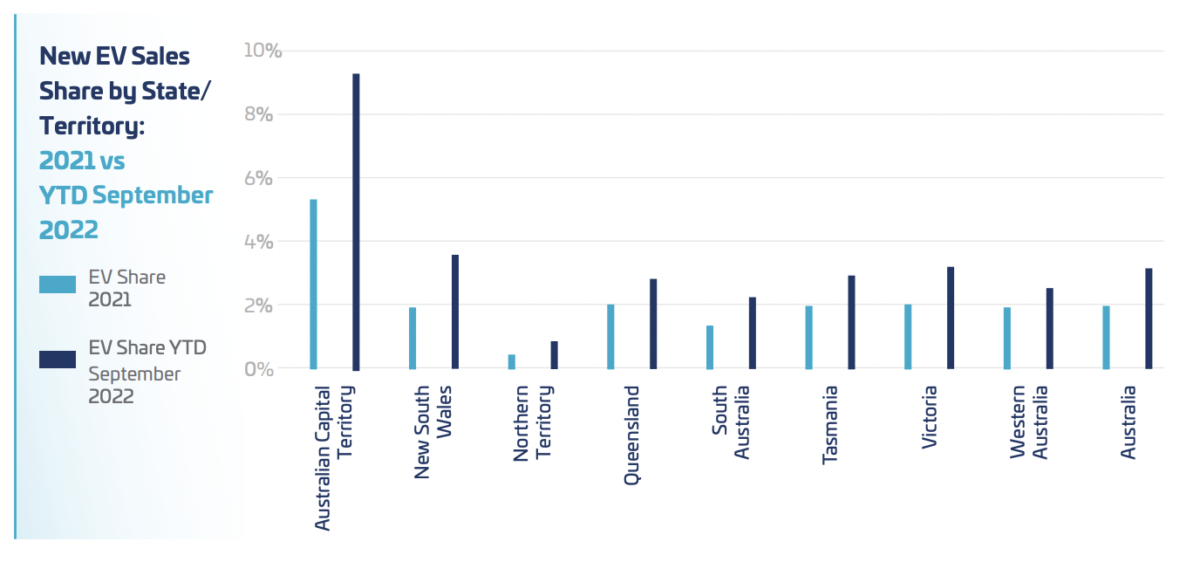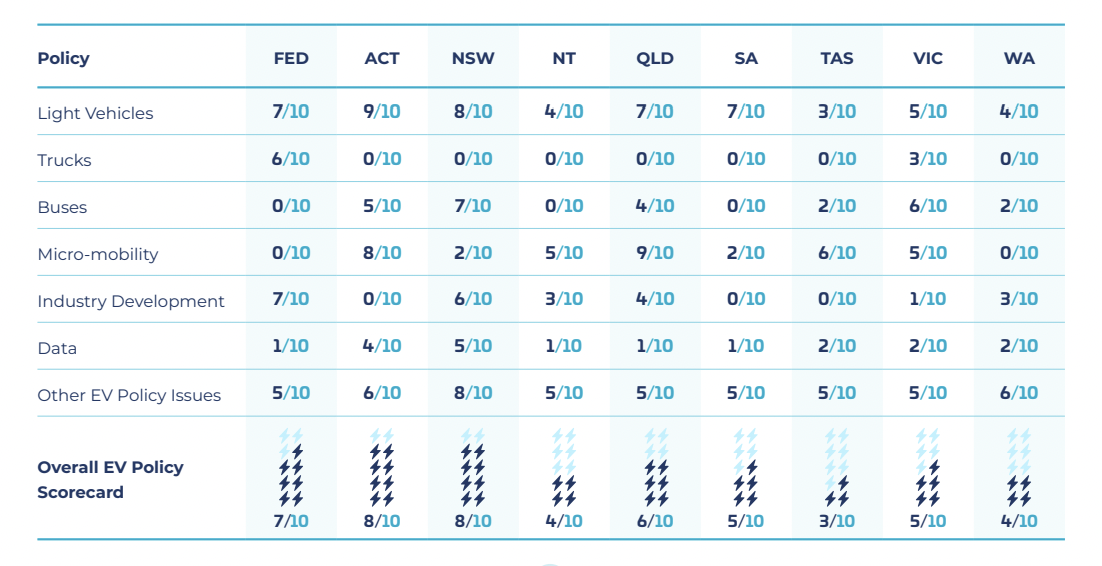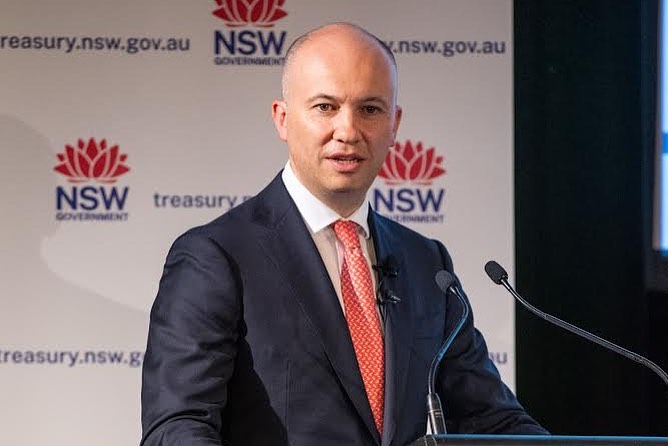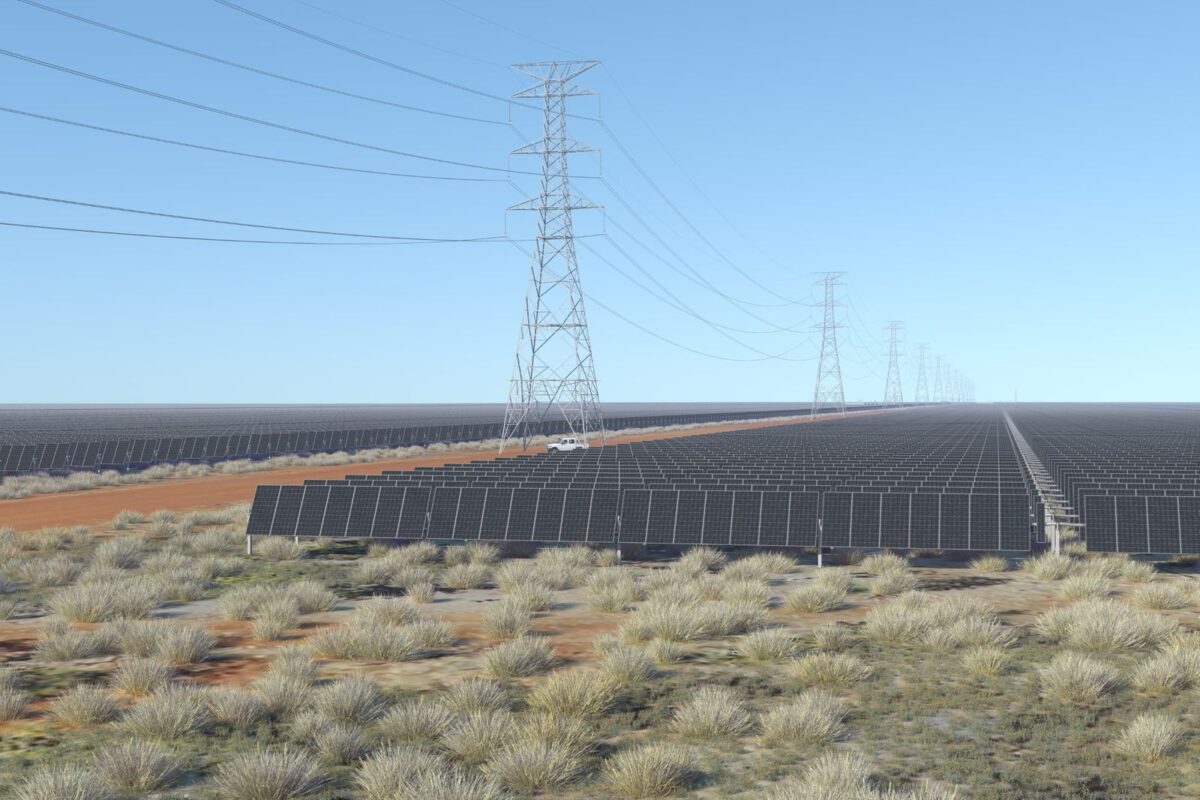The NSW Liberal Nationals have promised to deliver 30,000 electric vehicle chargers to the state within the next three years, which would amount to more than twice the existing petrol pumps in NSW.
If re-elected in the upcoming March 25 NSW election, the incumbent government says it will work with stakeholders to develop “right to charge” strata law reforms, meaning where apartment owners are willing to pay the cost and comply with strict safety requirements, their requests to install EV chargers cannot be unreasonably refused.
The NSW Minister for Planning and Homes, Anthony Roberts, also said his government is “only days away” from streamlining planning laws to make it easier to install EV chargers in public places like on power poles and parking meters.
“We know that 30% of drivers can’t access off-street parking and will rely on public chargers, which is why we are cutting red tape to roll them out even faster,” Roberts said.
Finally, the state coalition committed to installing public chargers at transport hubs, like commuter carparks and train, bus and ferry stations.

There are currently only about 1000 public chargers in NSW. But while Australia has notoriously lagged the rest of the world in the uptake of EVs, the tide is changing quickly – likely driven by soaring petrol prices and renewed government interest in EV policies.
The demand for electric vehicles in Australia increased by 65% in 2022, reaching 3.39% market share of total new car sales, according to the Electric Vehicle Council’s State of EVs report published last October.
In that report, New South Wales and the Capital Territory shared the top spot for EV policies, scoring 8/10.

NSW Treasurer Matt Kean expects more than 1 million EVs expected to hit NSW roads by 2030, with the state government previously committing $209 million (USD 145 million) to build out a comprehensive charging network across the state.
In terms of additional EV policies, the NSW government has previously committed to:
- no stamp duty on EVs under $78,000
- $3000 rebates for EVs under $68,750
- allowing EVs to drive in transit lanes
- transitioning the state’s entire 8000 plus bus fleet to zero emissions
This content is protected by copyright and may not be reused. If you want to cooperate with us and would like to reuse some of our content, please contact: editors@pv-magazine.com.









1 comment
By submitting this form you agree to pv magazine using your data for the purposes of publishing your comment.
Your personal data will only be disclosed or otherwise transmitted to third parties for the purposes of spam filtering or if this is necessary for technical maintenance of the website. Any other transfer to third parties will not take place unless this is justified on the basis of applicable data protection regulations or if pv magazine is legally obliged to do so.
You may revoke this consent at any time with effect for the future, in which case your personal data will be deleted immediately. Otherwise, your data will be deleted if pv magazine has processed your request or the purpose of data storage is fulfilled.
Further information on data privacy can be found in our Data Protection Policy.